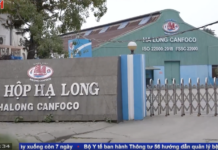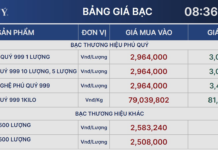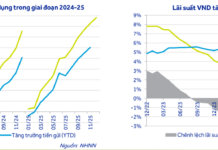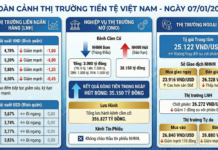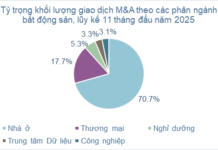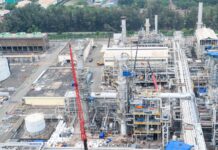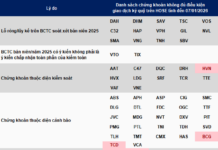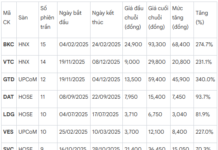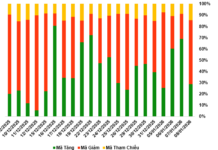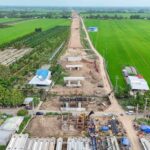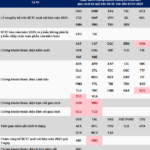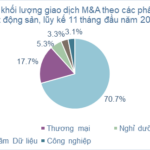According to the Ministry of Finance’s weekly rapid reporting system to the Prime Minister on public investment capital allocation and disbursement, as of October 30, the country has disbursed over VND 476 trillion, reaching 52.8% of the plan. Notably, 29 ministries, sectors, and 17 localities have disbursement rates lower than the national average, while 5 units have yet to disburse any public investment capital.
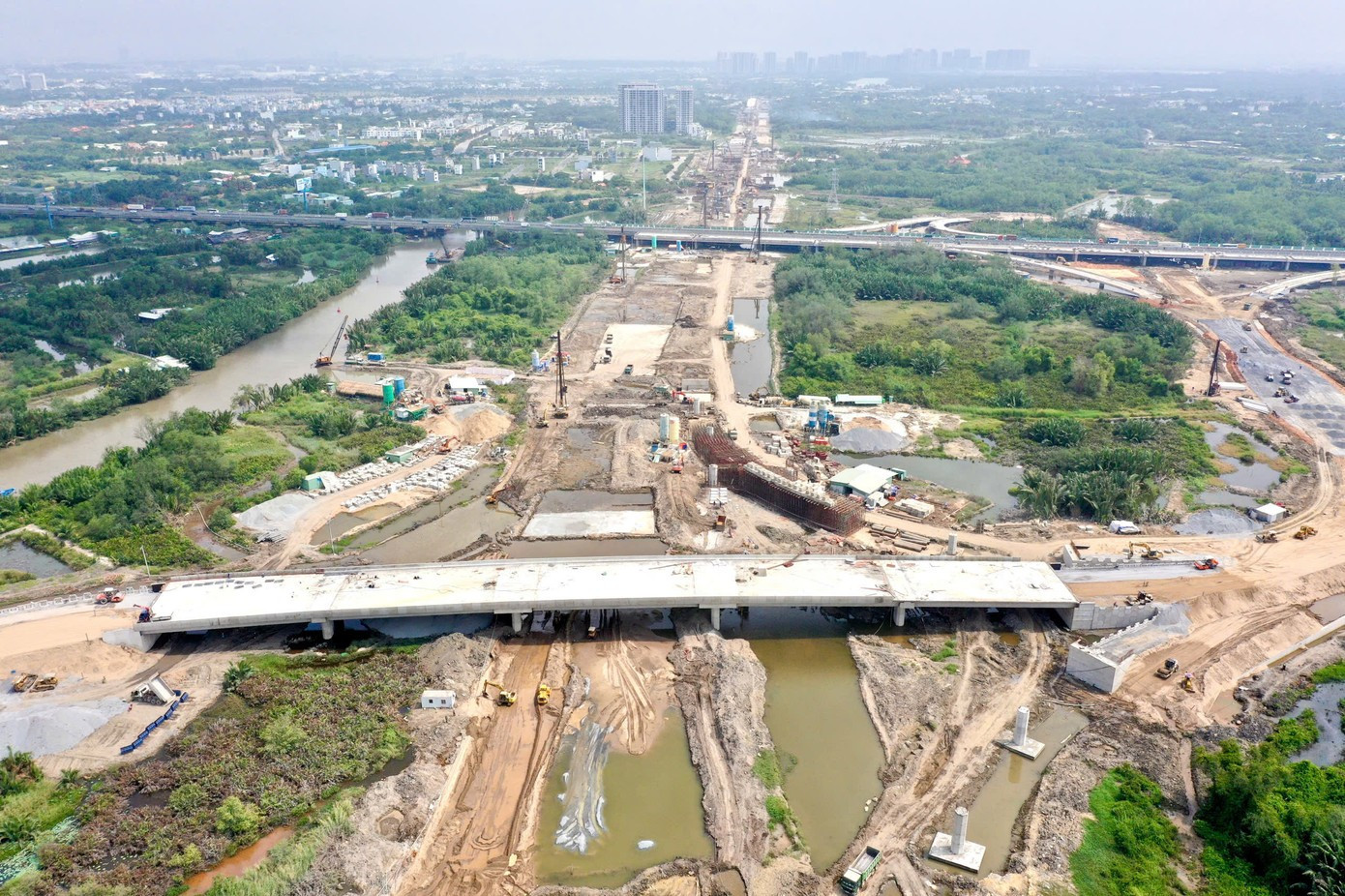
After 10 months, public investment capital disbursement reaches just over 52% of the plan.
The Ministry of Finance attributes the slow disbursement progress to the reorganization of administrative units and the transition to a two-tier local government model.
Many localities, post-merger, have not yet fully restructured their apparatus, lacking dedicated project management boards. Newly formed or merged communes often lack officials responsible for public investment, with staff juggling multiple roles. Additionally, many projects have not been assigned investors, and handover procedures remain delayed.
Provincial mergers have resulted in multiple land price tables within the same locality, complicating compensation and land clearance processes. This has become a common cause for delays in key projects.
Furthermore, mechanisms and policies related to implementation still face obstacles, while new issues arising from practical implementation lack timely guidance. These inefficiencies slow down the deployment and disbursement of public investment capital across various ministries, sectors, and localities.
Compensation and land clearance remain significant bottlenecks. Despite efforts by many localities, delays persist due to difficulties in determining land prices, reaching agreements with residents, and complex land price determination procedures, ultimately delaying site handover and affecting construction timelines.
For ODA projects, international negotiations, signing, and payments face numerous challenges. Loan agreement approvals typically take 12-18 months due to lender requirements, while some projects are suspended due to changes in sponsors or other objective reasons.
Additionally, the capacity of some investors, project management boards, and contractors is limited. Inadequate construction organization, insufficient manpower and equipment, unrealistic cost estimates and schedules, and poor coordination among agencies and units persist. Fear of mistakes, avoidance, and responsibility shifting remain prevalent in many areas.
Adverse weather conditions have also stalled many projects. In recent months, multiple major storms have made landfall, with four in September alone, including Storm No. 10, which caused severe damage. Heavy rains, landslides, and floods have directly impacted construction progress, particularly for key transportation projects.
In response, the Ministry of Finance urges ministries, sectors, and localities to proactively review and assess project progress, while developing weekly disbursement plans for better control and timely issue resolution.
In cases of delayed disbursement, internal capital should be promptly redirected to projects with better disbursement performance. Payment documents for completed and accepted work volumes should be prepared immediately to avoid end-of-month congestion.
Localities must expedite the completion of post-merger government apparatus organization, ensuring sufficient competent staff, especially in land clearance and project management.
Unveiling the Snail-Paced Construction of a Billion-Dollar Project in Can Tho
After years of construction, the Can Tho Oncology Hospital project, valued at over 1.7 trillion VND, remains unfinished and unable to commence operations. Similarly, the Chau Doc – Can Tho – Soc Trang Expressway segment passing through Can Tho City is also facing delays. A recent report by the Government Inspectorate highlights numerous management, construction, and implementation errors, which have caused both projects to fall behind schedule, posing a significant risk of resource wastage.
Proposed Investigation and Accountability for Entities and Individuals Involved in the Can Tho Expressway Project
Unraveling the complexities of the Chau Doc – Can Tho – Soc Trang expressway, two critical sub-projects face significant constraints, jeopardizing the timely completion of this vital infrastructure initiative.
Progress of 22 Expressway Projects Spanning 733km Ahead of the Historic Moment on December 19: Inauguration of 3,000km Expressway from Cao Bang to Ca Mau
Experience the future of travel with the highly anticipated highway inauguration on December 19th. This groundbreaking route seamlessly connects Cao Bằng to Cà Mau, passing through key destinations such as Lạng Sơn, Hà Nội, Central Vietnam, and Ho Chi Minh City. Get ready to embark on a transformative journey across Vietnam’s diverse landscapes.
Billion-Dollar Vietnam-Cambodia Highway Reaches Major Milestone
In just four months, the nearly 20,000-billion-VND expressway connecting Vietnam’s wealthiest city to Cambodia will reach a significant milestone.


